I recently revisited a local used bookstore that, as a child, I frequented almost daily. My brother and I would walk the half mile with a packed lunch, spend hours combing through the stacks of books, and eat on the steps outside the store. The owners know me well, having watched me grow up, and as a writer have advised me toward authors in my genre.
When I was in my late teens and early twenties, I began bonding with one of the owners over our mutual love of urban fantasy and paranormal romances. During my last visit, I discovered this particular bookstore was rewarded a high honor by Romantic Times. When I began discussing my works, I was advised, very urgently, not to place my works with Publish America.
Hopefully most, if not all, of us, would classify this is a no-brainer. Even those who are relatively new to the scene have heard horror stories about PA. I was, at first, somewhat offended that this woman with whom I had a fairly good relationship would think I’d be desperate enough to get a book published that I would go with just anyone. I politely informed her that I was very familiar with PA and assured her I do my research when it comes to publishers. I then, promptly, stuck my foot in my mouth in discussing e-publishing…of course, as a bookstore owner, the subject of e-readers is slightly touchy. We left on good, if slightly awkward terms.
In the weeks since, I’ve considered her warning against PA, as well as my initial offense. Logically, she was only looking out for my best interest, and doing her part in ensuring a young author didn’t get duped as so many have. She even told me about someone she knew who was struggling with PA after having signed a contract. The thing is, to most of us, Publisher America is anything from a horror story to a bad joke. Yet it became that way because of those who had a book they loved and wanted to see it published. The reason Googling Publish America auto-fills in “scam” is people were scammed in the past, and continue to be scammed now because they don’t know how to research.
Writers want their books to be liked. We want our work to be accepted. We want to see our names, our titles, our characters, our plots, our words in print. Getting that first yes is a rush unlike anything I can successfully describe to a layperson. Some of us write for money, others for the love of it, and many for both. When I was shopping with my first novella, admittedly I could have been someone duped by PA. I was gullible, naïve, and believed as long as I got the finish, whatever else is worth it.
That’s not true, of course. An author should never feel like a commodity. If a publisher wants your book, it should be because they see something in it, something in you. There are many ways bad contracts can happen to good authors, but from my observations, the most prevalent are the following: the author doesn’t believe in him/herself, the author doesn’t do their research, and the author isn’t assertive enough to state what they want.
Having a fantastic manuscript at a subpar, sleazy pub does nothing for you. So do yourself a favor: before you submit, make sure you have exhausted the numerous resources at your disposal. Email authors from that publisher and inquire about their experience, dig up info at Absolute Write, Preditors and Editors, Piers Anthony, etc. Google the publisher name and pay attention to the most-searched key terms, ask as many questions as possible and be sure to listen to all the answers. Don’t end up in a situation you weren’t prepared for. You owe it to yourself and your writing to make sure you have every opportunity to succeed.
And for those of us who are a little more seasoned than the others, when someone offers friendly advice (no-brainer as it sounds now), don’t get offended. We were once the new kids on the block, and some of us still are. Getting tips like, “Avoid Publish America,” might seem a little on the nose, but once upon a time, it was news to us.
Monday, October 10, 2011
Subscribe to:
Post Comments (Atom)
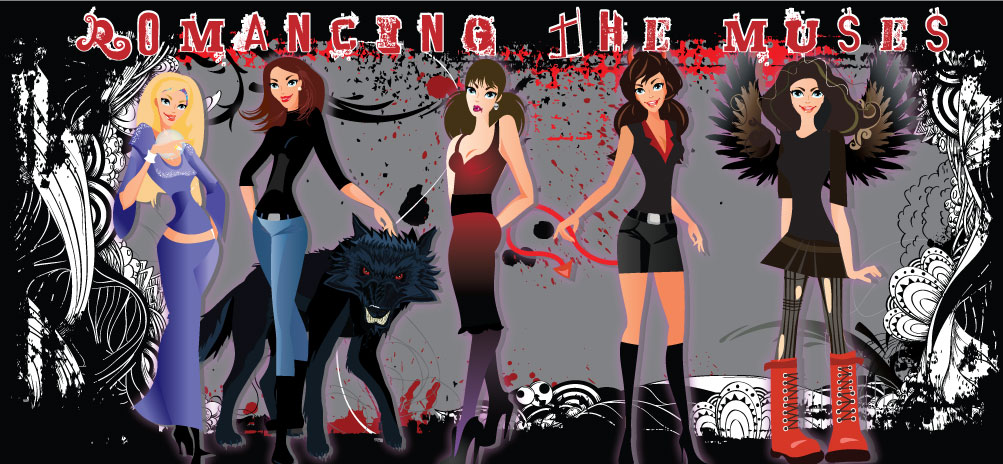
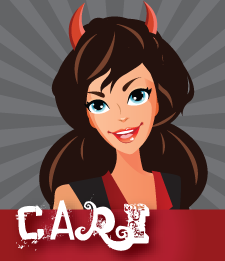
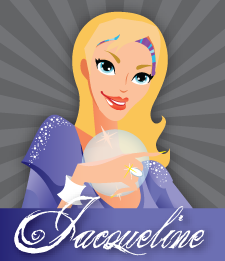


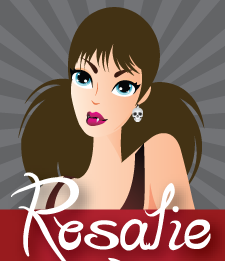
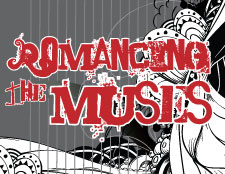



0 comments:
Post a Comment